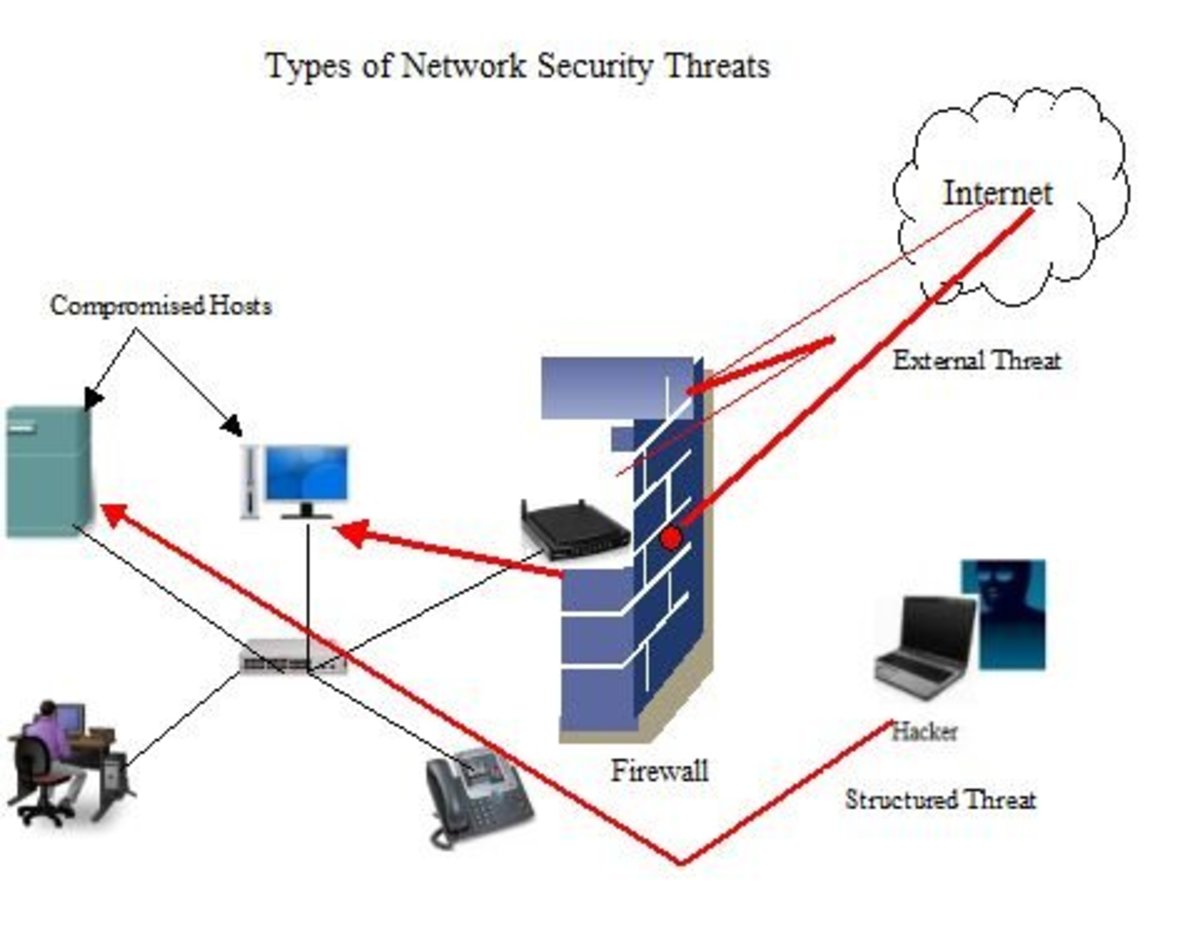SMART PHONES AND INFORMATION SECURITY
Smart phones have become the norm in most corporate lifestyles today. Young professionals wanting to express their flare for technology end up creating unintentional loopholes for fraudsters to perpetrate their ugly act. Hackers and other online identity thieves don’t ever rest
BUY SMARTPHONES ONLINE
They have quickly figured out a way of leveraging on the craze for latest gadgets by naïve young people to ensure that their evil actions still continues.
The use of smart phones is making the remote security needs of companies and other organizations that rely heavily on high-tech soar so high. Companies no longer have to protect their own data residing in the company alone but will have to also protect her data accessed by employees from a remote location. Great portion of this increase in cost of fraud prevention is attributable to the use of Smartphone. Data protection is the responsibility of all and sundry!
It is obvious that most traditional online security measures are getting weaker by the days as online criminals continually engineer the security measures. The use of Cookies, Caches, IP Geolocation and Flash Shared Objects as online security measures are becoming ineffective as we experience technological advancement. This is not to say that all hope is lost as many suggestions have been made by stakeholders in the mobile computing industry. This will however take some time before becoming operational hence; users of mobile computing equipment should be on the lookout and take measures to protect their Smartphones from the poisonous venom of hackers.
In this article are some security issues in the use of Smartphones and other mobile devices that have been identified by security professionals. Make sure you are happy with the recommendations here before buying a smart phone.
MINIMUM MEASURE TO TAKE AS A SMARTPHONE USER
- Don’t purchase a used smartphone without thoroughly scanning it: I am not against the purchase of a used device; the only thing that matters is your ability to check the equipment you are buying for malicious codes. Many criminals now buy computers (including Smartphones), pre-load all sorts of malicious codes that would not be harmful to the smooth operation of the device and then sell it to unsuspecting user. To be safe from these kinds of people, always buy used items from trusted dealers like Amazon or their associates, and scan it properly before use.
- Don’t open suspicious e-mails or SMS: I feel like shedding tears whenever I see people indiscriminately opening SMS and e-mails on their portable devices like; ipad, iphone, ipod, smartphone, etc.
- Don’t give out information over the smartphone unnecessarily: it won’t cost you much to run down to your financial institution and find out from them if they actually seek information from you. The time invested in verifying this will be worth the stress it will save you in the long run. To start with, your financial institution would not ask you to give out sensitive information over the internet- unless the financial institution is fraudulent itself.
- Set your Bluetooth technology to the highest security mode available: make sure that the security mode of your Bluetooth technology is set to the highest mode and never leave your Bluetooth on when not in use.
- Always run an UPDATED anti-virus and anti-spyware software on your smartphone: it is not enough to have outdated security software installed on your smartphone. You must ensure that the software is constantly updating its signature of viruses and malicious programs. It its best to have the one that auto run on the background.
- Keep an eye on those the request to have a look at your smartphone: this may sound absurd but, it is nothing short of the simple truth. The only person that you can vouch for is “YOU” and no one else. Your close friend may do any one of the following to your smartphone: access a malicious link with it, or input some malicious code into it.
- Don’t click on links sent to you: it does not matter who the sender is. A close friends device may have been infected and randomly send malicious programs. There are times you will receive an email with the subject “hi” or stuffs like that purporting to be coming from a trusted friend. A lot of e-mail addresses have been infected by this zombie of recent and as at the time of this writing, the most effective way of handling this wicked virus is to close the infected account and contact all your contact with your new account.
- Read the security features of your smartphone before first use: so many people are guilty of this. They simply buy a gadget and start using it without taking time to read and understand the inbuilt security features of their newly purchased communication tool.
One may at this point in time be asking, what do I stand to lose if hackers gain access to my smartphone? Well, the answer is A LOT! Read up this hub on internet identity theft, to have a better understanding of what fraudulent people can do with your personal information.
SMARTHPHONES AS GIFTS
SHOULD I STILL BUY SMART PHONE?
I have been asked this question time without number buy eager buyers of smart phone after listening to me talk about the inherent dangers of misusing a Smartphone. My default answer to the above question is a resounding yes. The only caveat is that you must take adequate measures so as not to endanger other users of the corporate network or even your personal information.
As a matter of fact, I have one of the latest smartphone on sales now like the one displayed in this hub, I keep learning the tricks employed by crooks and keep sharing them with my readers like you. Therefore, to help reduce the incidence of data lose through identity theft and other forms of social engineering, use the share button below to share this hub with all your friends and relatives.
Together, we can make the internet a safer place!!







